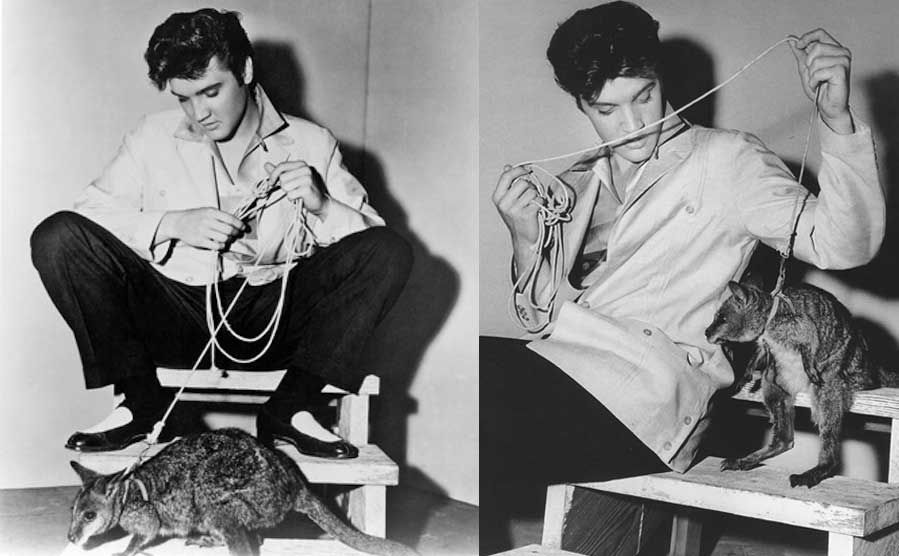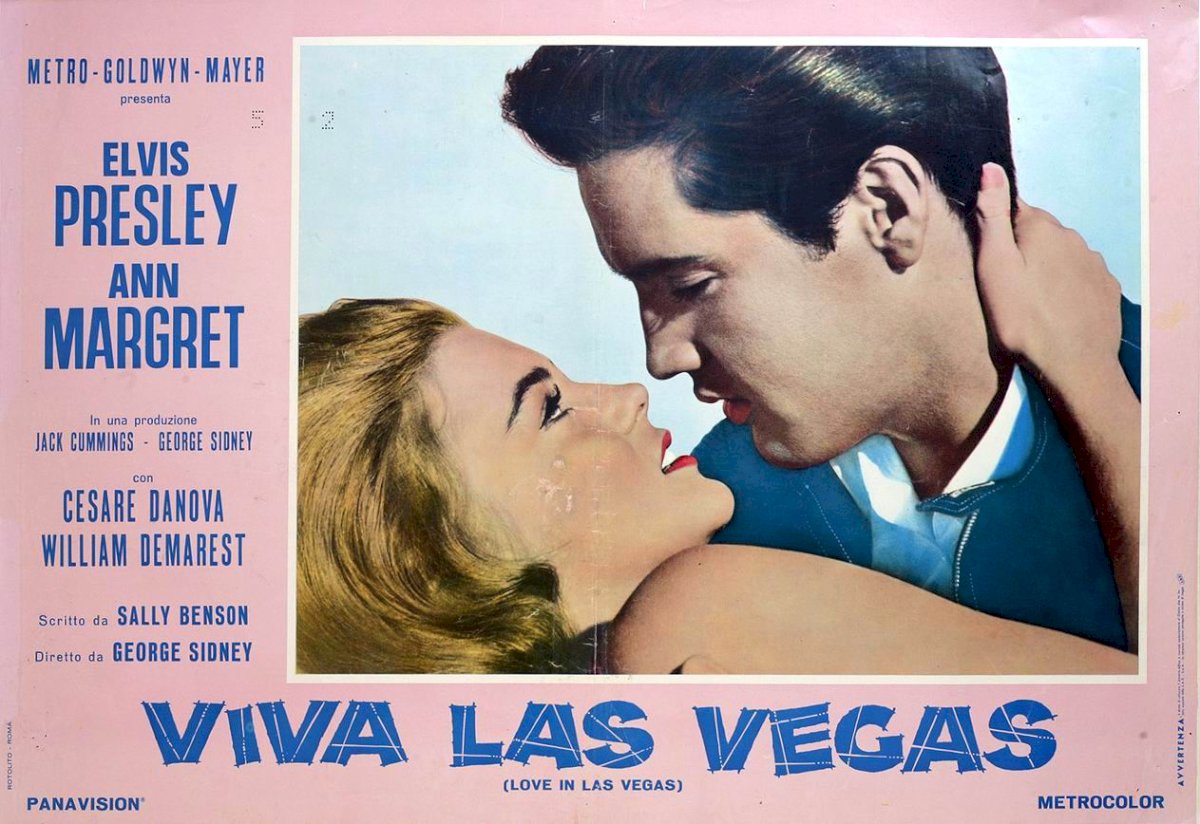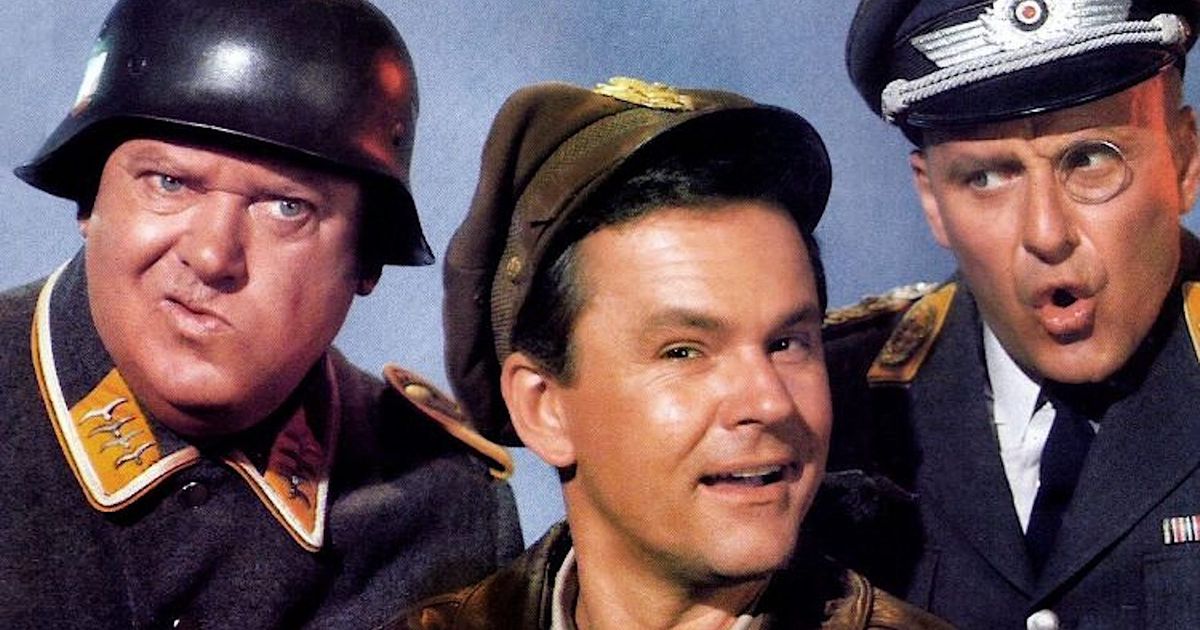In the vast landscape of television sitcoms, one show stands out as a timeless classic that redefined the genre: "Seinfeld." Created by Larry David and Jerry Seinfeld, this iconic series made its debut in 1989 and quickly became a cultural phenomenon. With its unique blend of humor, relatable characters, and its ability to find humor in the minutiae of everyday life, "Seinfeld" left an indelible mark on both comedy and television as a whole. In this article, we'll take a nostalgic journey back to the world of "Seinfeld" and explore why it remains a beloved and influential series.
(Watch the video below)
The Birth of a Sitcom Revolution
In an era dominated by traditional family sitcoms like "The Cosby Show" and "Full House," "Seinfeld" broke new ground by focusing on a group of friends navigating the challenges of life in New York City. Departing from the formulaic structures of the past, the show embraced a narrative approach that often revolved around seemingly mundane and everyday experiences. The term "show about nothing" was coined to describe its unique format, where the characters discussed trivial matters, ruminated on societal quirks, and embarked on misadventures that often spiraled into comedic chaos.
Character Dynamics and Archetypes
At the heart of "Seinfeld" were four central characters, each with their distinct quirks and idiosyncrasies: Jerry Seinfeld, a stand-up comedian; George Costanza, Jerry's neurotic best friend; Elaine Benes, Jerry's ex-girlfriend and close friend; and Cosmo Kramer, Jerry's eccentric neighbor. The interactions among these characters, driven by their flawed personalities and hilarious misunderstandings, created a chemistry that resonated with audiences.
George's perpetual bad luck, Kramer's wild schemes, and Elaine's strong-willed nature all contributed to the show's comedic depth. Jerry's observational humor and knack for finding absurdity in the mundane served as a narrative anchor, connecting the disparate elements of the characters' lives.
Seinfeld's Final Curtain: The Controversial Farewell

The last episode of "Seinfeld," titled "The Finale," aired on May 14, 1998, and remains one of the most talked-about conclusions in television history. In this highly anticipated finale, Jerry, George, Elaine, and Kramer find themselves on trial in a small Massachusetts town for failing to help a carjacking victim, in a surreal culmination of their self-absorbed misadventures. The episode brings together many of the show's recurring characters and callbacks to iconic moments from its nine-season run, providing fans with a nostalgic trip down memory lane. However, the unconventional ending, which sees the group convicted and sentenced to a year in prison, received mixed reactions from audiences and critics alike, with some praising its boldness while others felt it fell short of expectations for a show known for its sharp wit and observational humor.

Despite the polarizing reception to its conclusion, "Seinfeld" remains a cultural touchstone and a testament to the enduring appeal of its quirky characters and clever writing. The show's impact on television comedy is undeniable, with its influence still felt in sitcoms today. While the final episode may have left some fans divided, its legacy as one of the greatest sitcoms of all time is undisputed, ensuring that the antics of Jerry, George, Elaine, and Kramer will continue to entertain audiences for years to come.
Observational Comedy: Reflecting Society's Absurdities
"Seinfeld" became renowned for its mastery of observational comedy, a style that examines everyday situations with a humorous lens. The show's genius lay in its ability to extract humor from the minutiae of life, transforming mundane situations into relatable and side-splitting anecdotes. Topics as seemingly trivial as double-dipping chips, waiting for a table at a restaurant, or struggling with shrinkage in cold water became sources of endless laughter.
Through these scenarios, "Seinfeld" skillfully highlighted the absurdities and idiosyncrasies of modern society, resonating with viewers who recognized themselves in the characters' struggles. By finding comedy in the commonplace, the show celebrated the universally shared experiences that often go unnoticed.
The Impact on Popular Culture
As "Seinfeld" gained popularity, it began to influence various aspects of popular culture. Catchphrases like "No soup for you!" and "Yada yada" became part of everyday language. The show's distinct bass-driven theme song, composed by Jonathan Wolff, became instantly recognizable. Additionally, the characters' fashion choices, from Jerry's sneakers to Kramer's eccentric attire, had a notable impact on fashion trends of the time.
Furthermore, "Seinfeld" tackled societal issues and trends head-on, shaping public discourse. The episodes often satirized consumerism, political correctness, and the challenges of dating, resonating with a wide audience by addressing topics that were both timely and timeless.
Controversy and Legacy
While "Seinfeld" was widely celebrated, it wasn't without its share of controversies. The series finale, which aired on May 14, 1998, drew mixed reactions from fans and critics alike. Some felt that the show's conclusion failed to provide the closure they had hoped for, while others appreciated its unconventional approach.
Nevertheless, the show's legacy is undeniable. "Seinfeld" paved the way for a new wave of sitcoms that embraced a more unconventional and irreverent approach to comedy. Its influence can be seen in subsequent shows like "Curb Your Enthusiasm," created by Larry David, which continued to explore the comedic potential of mundane situations and social interactions.
Conclusion

"Seinfeld," which ran from 1989 to 1998, was a television phenomenon that revolutionized the sitcom genre. Through its unique narrative structure, observational humor, and unforgettable characters, the show captured the essence of urban life and redefined the boundaries of comedy. Its impact on popular culture, from catchphrases to fashion trends, cemented its place in the cultural zeitgeist. While the series finale might have left some divided, the legacy of "Seinfeld" lives on, as its influence can be traced through the comedic landscape of television that followed. The show's ability to find humor in the everyday remains timeless, reminding us of the enduring power of laughter in our lives.



